Be still and know that I am God. Be still and know. Be still. Be.
If you’ve been in ministry for any appreciable length of time, you have likely used this devotional technique using Psalm 46 as a way to center a group. I used it recently in a group discussing general spirituality at camp. The hope was to have a discussion about spaces and practices that were spiritually meaningful to different people, whether they were religious or not. We never got there. The Bible got in the way.
My choice to open the discussion with a Psalm was intentional. It was both spiritually meaningful to me and (so I thought) general enough to be useful in an interreligious setting. How wrong I was. I found out quickly that it did not matter what passage I read. The Bible itself was unsafe in that setting, and simply opening the book derailed the conversation before it began. I spent most of the rest of my time with that group apologizing and listening to ways they had been hurt by people like me directing Bible passages at them. I was sad. I was humbled. I was angry with all those (including my past self) who had so misused scripture that it was viewed with such hostility.
We are the problem.
Spiritual trauma is real. I started reading more about this to better understand the reaction I received in that group. I picked up a recent book on spiritual trauma, and guess where the opening story was set? The author lost her faith and found her calling to care for those recovering from spiritual trauma because of a childhood experience at a Christian summer camp.
Jesus predicted that all people would know his disciples by the love they showed to others (John 13:35). It is one of the most basic things we teach our children in Sunday school, as we sing, “They’ll know we are Christians by our love, by our love.” How ironic that the thing that most sets Christians apart in the public mind is hatred and mistreatment of others. All Christians must come to terms with and contend with this reality, and not all of us are doing very well.
But I love the Bible
The thing is, I love the Bible. I have read it cover-to-cover in several different translations (including portions in the original Hebrew and Greek), and I endeavor to carve out time every day to read from the sacred texts. I read commentaries and preach when I get the chance. I regularly encourage Bible reading as an essential Christian practice, both individually and with others. I work with camps to teach biblical literacy and equip their staff and camper families with devotional resources that can promote daily Bible reading away from camp.
In this sense, I am a conservative when it comes to the Bible. I believe that it is the source and norm of our faith. That is, the Bible is revelatory as our primary witness to God’s work in this world, and any belief or practice that we are unsure about should be considered alongside the biblical witness. I believe that the Bible is the Word of God in that the words of scripture were inspired by God and that God continues to speak to God’s people in new ways through the Bible. I also believe in the principle that scripture interprets scripture, which mitigates individual passages being taken out of context and apart from the larger biblical witness.
Lobbing Bible Bombs
But the Bible has been weaponized. One of my biblical instructors called this “Bible bombs.” This is when people take individual biblical passages out of context in order to justify exclusion, hatred, and oppression. This is nothing new. Just in the relatively short history of the United States, the Bible has been used to justify chattel slavery, genocide of indigenous peoples, oppression of women, and exclusion of those in the LGBTQIA+ community. The latter two are particularly prevalent, which is the main reason I got such visceral responses in the above story.
In fact, the weaponization of the Bible is biblical (see, for example, the book of Ezra). In Ephesians 6, Paul even likens the word of God to a sword. The sad truth is that you can find an obscure passage of scripture to justify just about anything, no matter how deplorable. Infanticide? Turn to Psalm 137. Genocide? Go to Joshua. Rape and public shaming of women? Hosea.
Two Ways to Respond
So where do we go from here? Is the Bible simply too problematic to use anymore? If the Bible is unsafe, perhaps we should shelve it or, at the very least, downplay it. Camps have certainly struggled with this. Many have the term “Bible Camp” in their name. Some have done away with the moniker because they know that it can be a turnoff to many potential visitors. Others have downplayed use of the Bible in their programming.
Of course, other camps have done the exact opposite. They have leaned heavily into identification with the Bible and adopted core value statements affirming the infallibility of scripture. It has been profoundly troubling to see the Bible caught up so completely in the culture wars, with progressive leaders downplaying their reliance on the Bible and conservative leaders proclaiming biblical inerrancy. As the neo-conservative political movement has increasingly weaponized the Bible, it has become less safe to even mention the Bible, much less read from a beloved Psalm.
The Bible is messy. Complicated. Contradictory. It is not one book but, rather, a vast library of witnesses to God’s work in the world that has been passed on to us through generations of both faithful and unfaithful God-followers. Glossing over or explaining away the contradictions is unfaithful. So, too, is ignoring or seeking to excise passages that are problematic or make us uncomfortable. This is how we get problematic works like Marcion’s Bible (thoroughly anti-Jewish), Joseph Smith’s complete reworking of the Bible to fit his worldview, and Thomas Jefferson’s notorious edited version. This movement is alive and well today in efforts to combine all the gospels into a single, ironed-out Story (see what I did there?) and, on the other side of the spectrum, efforts to delete passages that promote violence against women or other groups.
The Third Way
I suppose it is true, then, that the Bible is unsafe, like the two-edged sword of Hebrews 4:12. Our task is not to dull the blade or keep this sword sheathed, but neither is it to wield God’s word as a weapon. In fact, we must reject this use of God’s Word as zealously as we reject bullying at camp and enforce proper food handling. Like so many things at camp, our task is to teach safe and proper use of God’s word. We send children backpacking in the mountains and paddling on the Great Lakes. We teach them to start fires and walk across wires stretched 40 feet in the air. Somehow, we make these inherently dangerous activities safe for children.
At camp, we believe that we can do hard things. Let’s teach and practice faithful use of scripture. Let’s reject the weaponization of scripture and compassionately minister to those who have been wounded by misuse of the Bible. Let’s reclaim what it means to be a Christian disciple, one who is identified by love and compassion.
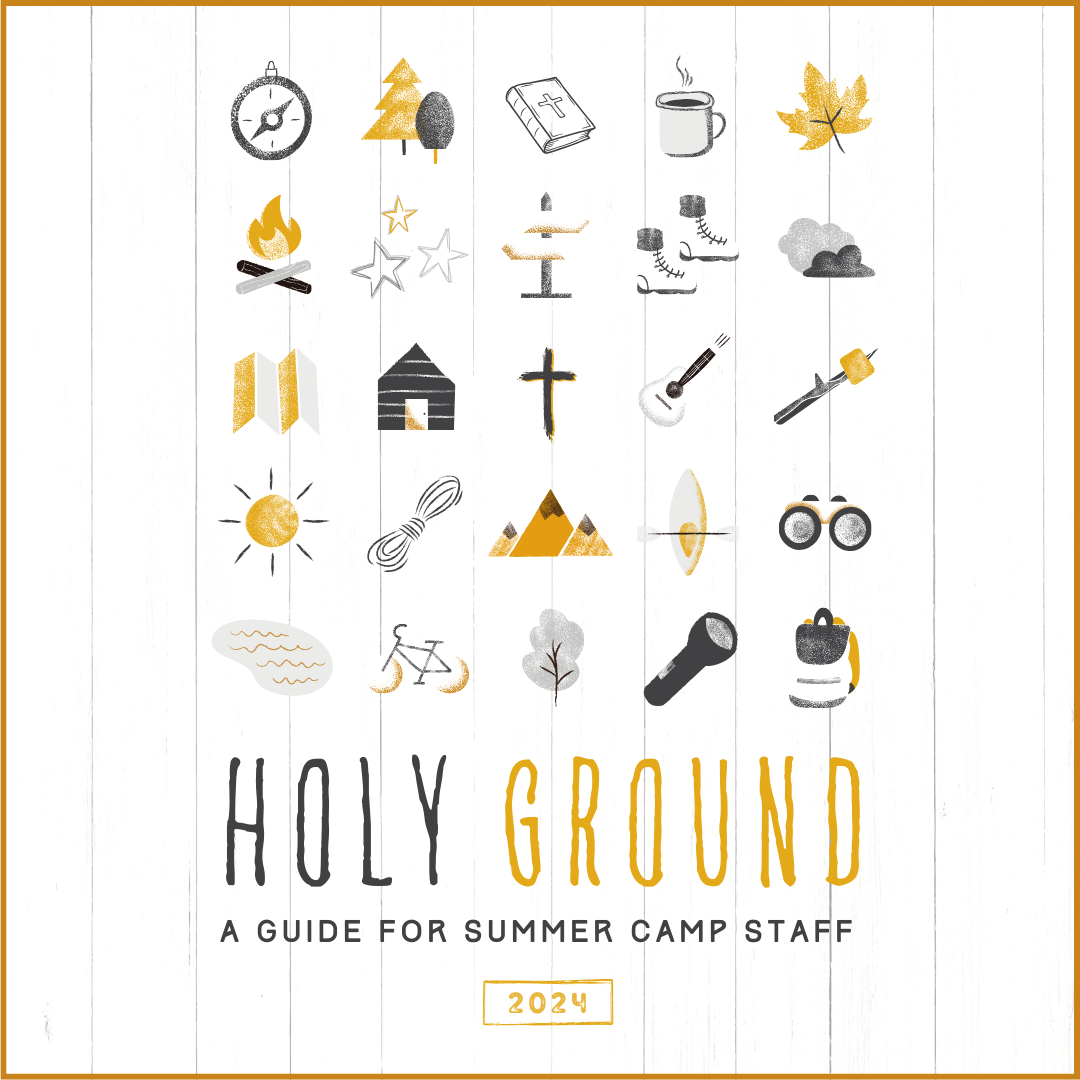

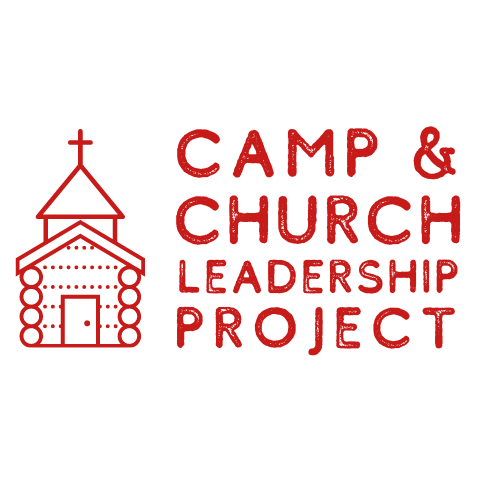


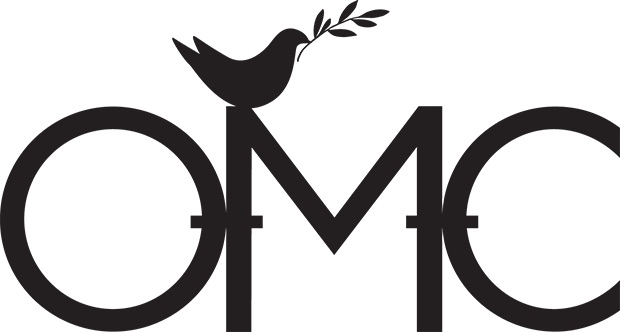
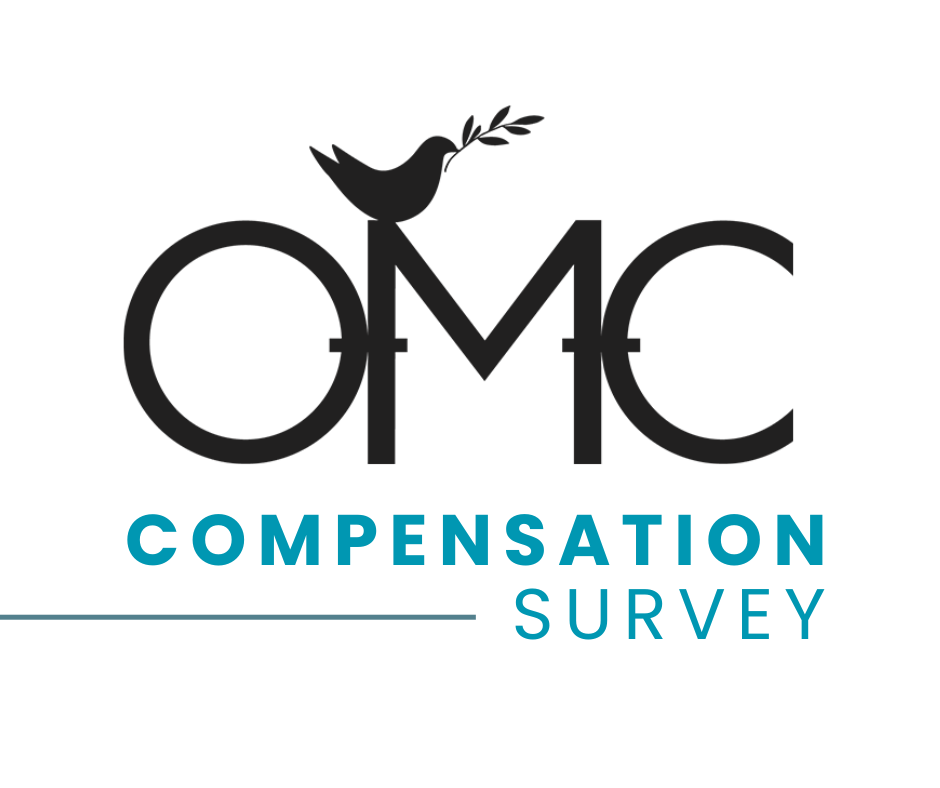


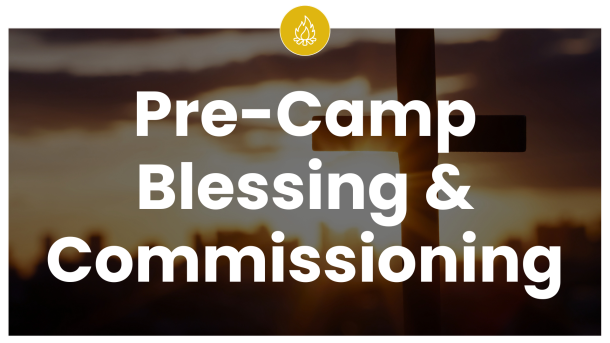
0 Comments